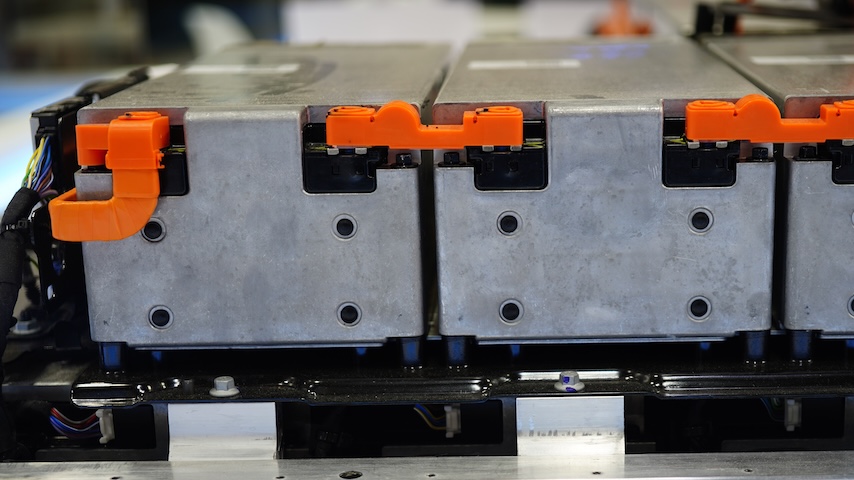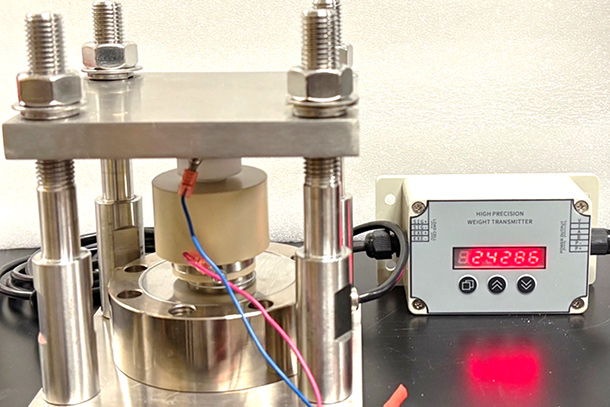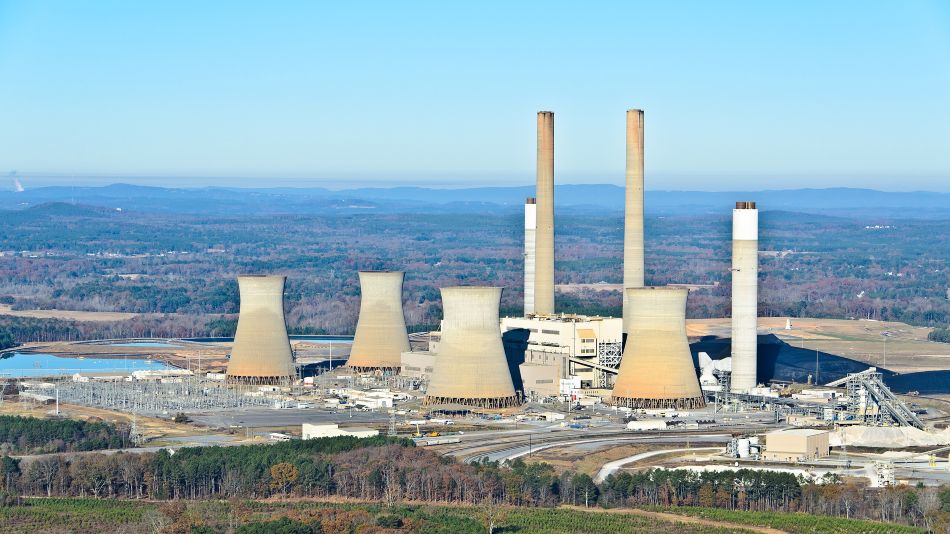ASME International Gas Turbine Institute Forms a Wind Energy Committee
ASME International Gas Turbine Institute Forms a Wind Energy Committee
NEW YORK, Feb. 9, 2011 – The ASME International Gas Turbine Institute (IGTI) has established a Wind Energy Committee to promote information exchange in the full range of technical subjects pertaining to wind turbines.
The Wind Energy Committee, one of 17 technical committees within the organizational structure of IGTI, will focus on the physical aspects of machine design and reliability, said Harold Simmons, who is serving as the inaugural chair. The technical scope of the new committee will encompass materials science, aerodynamics and aero-acoustics, energy storage, structures, dynamics and control systems, modeling and simulation, condition monitoring, and other subjects of interest to the engineering community.
The activities of the Wind Energy Committee will include technical sessions and tutorials at the forthcoming ASME Turbo Expo this June in Vancouver, British Columbia, Canada.
“A primary goal of the IGTI Wind Energy Committee is to bring together the expertise of the wind energy community for relevant dialogue, education, and knowledge sharing,” said Simmons. “We believe wind energy is poised for substantial growth in many regions in the United States and also in international markets, and engineers and researchers can benefit from the most up-to-date information.”
IGTI, headquartered in Atlanta, Ga., supports the exchange of information focused on improving the design, manufacture, operation and maintenance, and environmental impact of gas turbines, turbomachinery, and related equipment.
About ASME ASME helps the global engineering community develop solutions to real world challenges. Founded in 1880 as the American Society of Mechanical Engineers, ASME is a not-for-profit professional organization that enables collaboration, knowledge sharing and skill development across all engineering disciplines, while promoting the vital role of the engineer in society. ASME codes and standards, publications, conferences, continuing education and professional development programs provide a foundation for advancing technical knowledge and a safer world.
-#-



